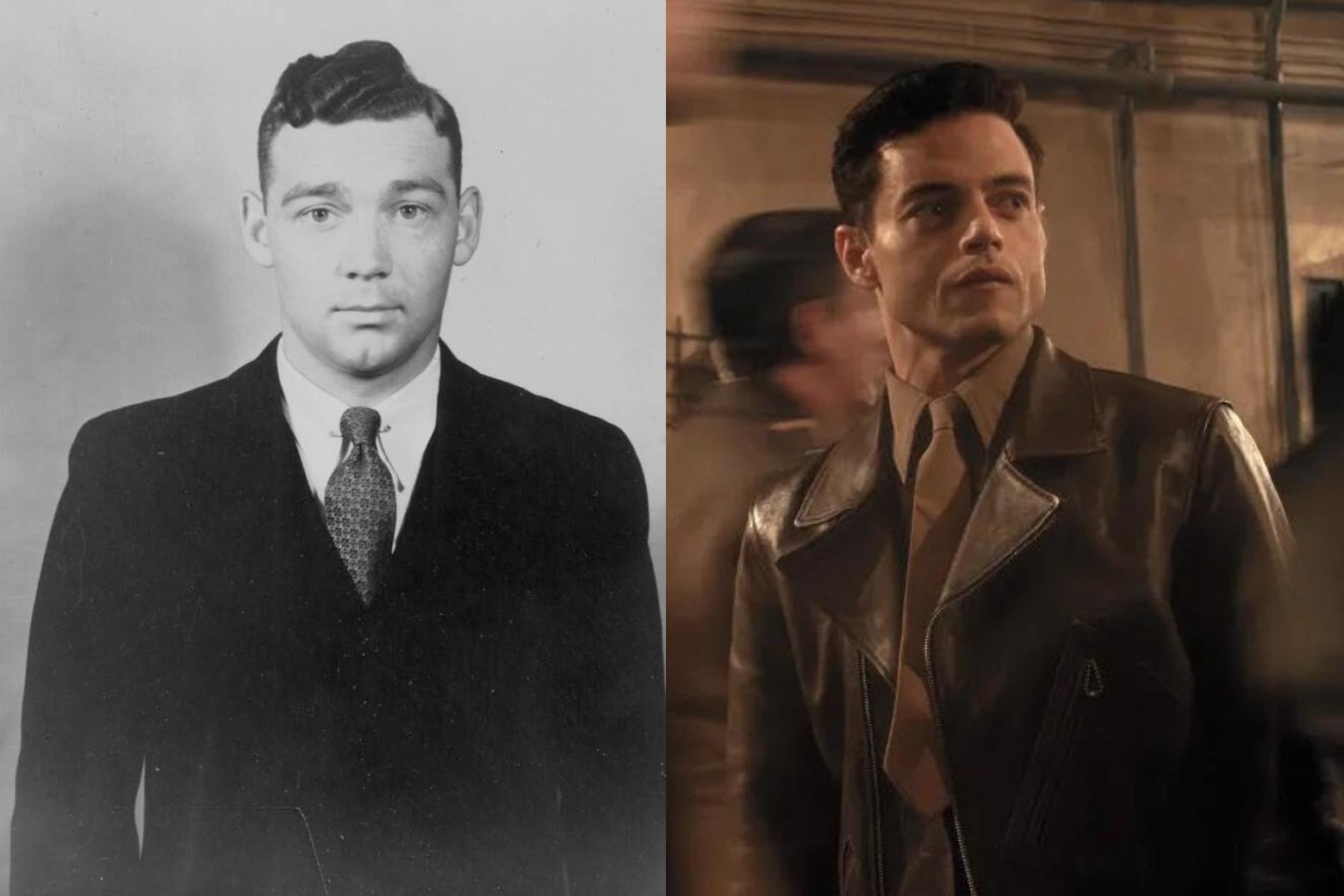
"Because it may take years, if not decades, between when a script is finished, then picked up for development, then financed for production, then made, and then finally distributed, a writer may find that her brilliant script that truly captured the zeitgeist when it was written is entirely out of date and irrelevant by the time it finally appears as a film."
"Winston Churchill, with typical dispatch, wanted them executed, and Franklin Roosevelt signed a death warrant to have Göring shot. Josef Stalin wanted to hold one of the show trials that had proved so popular at home in the Soviet Union. But Supreme Court Justice and Chief U.S. Prosecutor Robert Jackson was passionately committed to a properly conducted public trial to demonstrate that power could exercise restraint, law, and judgment, as opposed to mindless vengeance."
Film projects can take years or decades to reach audiences, sometimes making once-timely scripts feel outdated or unexpectedly more relevant. James Vanderbilt discovered Jack El-Hai's work in 2011 and adapted El-Hai's book into a screenplay beginning in 2013 about Hermann Göring and American psychiatrist Douglas Kelley, who assessed Göring's sanity before the Nuremberg trials. The Nuremberg trials arose from Allied uncertainty about handling 22 senior Nazi officials after Germany's 1945 surrender. Churchill sought execution, Roosevelt authorized a death warrant for Göring, Stalin favored show trials, and Robert Jackson insisted on a public, law-focused trial to avoid vengeance and martyrdom.
Read at Slate Magazine
Unable to calculate read time
Collection
[
|
...
]